Inside the AI Startup Boom: What Investors Are Backing — and Who’s Breaking Through
The AI startup ecosystem is booming — but not every founder with a large language model and a demo reel is getting a term sheet.
Over the last two years, investor appetite for AI has been intense. The explosion of generative tools, especially following the public release of ChatGPT, triggered a global rush of funding. But as the hype cools and market expectations sharpen, it’s becoming clear that not all AI is created equal — and not all startups will survive.
Where Investor Interest Is Focused
Investors are still writing big cheques for AI ventures — but they’re being more selective. The areas that continue to attract strong attention include:
- Enterprise productivity tools: Anything that helps businesses automate repetitive tasks, enhance internal workflows, or improve customer support using AI is still hot. Think: AI copilots, contract summarisation, internal search assistants.
- Vertical AI applications: General-purpose AI is exciting, but it’s niche-specific solutions — AI for law, medicine, finance, logistics — that are showing more staying power. Investors are keen on startups that deeply understand the problems of a particular industry.
- Data infrastructure and tooling: Behind every great AI product is a need for training data, model tuning, and governance. Startups building the picks and shovels of the AI economy — especially around compliance and traceability — are gaining traction.
- AI safety and trust: With growing pressure around AI risk and regulation, companies that help ensure responsible, transparent, and auditable AI outputs are becoming increasingly important to investors and enterprise customers alike.
What’s Less Interesting (For Now)
Some early generative content tools are already seeing market fatigue — especially those focused on undifferentiated marketing outputs like blog writing or social media captions. Investors are cautious about commoditisation and looking for defensibility: Who has proprietary data? Who has unique access or partnerships? Who’s solving a real problem, not just riding the hype?
The Harsh Truth on Success Rates
Despite the noise and energy in the space, funding success rates remain slim. According to industry estimates:
- Only around 1–2% of AI startups that pitch VCs actually secure institutional funding.
- Of those that raise a seed round, fewer than 50% will make it to a Series A.
- And only a small fraction of those — perhaps 10–20% — will become meaningful businesses with sustainable revenue and growth.
In other words, the odds are stacked. That doesn’t mean AI founders shouldn’t build — it means they should build with their eyes open.
What Founders Need to Get Right
To stand a chance, startups need to do more than just plug into an API. Investors are increasingly asking:
- Is there a real pain point being solved?
- Is there proprietary data or access that makes this defensible?
- Are early users actually engaging — and paying?
- Is the team capable of navigating both the tech and the go-to-market challenges?
As one investor recently put it: “We don’t need another AI wrapper. We need something that works on Monday morning in a real business.”
A Market That’s Growing Up
The AI gold rush may have passed its initial frenzy, but the long-term market is just getting started. Many investors still believe AI is the most transformative tech trend of the decade — but that transformation won’t come from hype alone. It’ll come from patient builders, smart capital, and startups that solve real problems with real AI.





